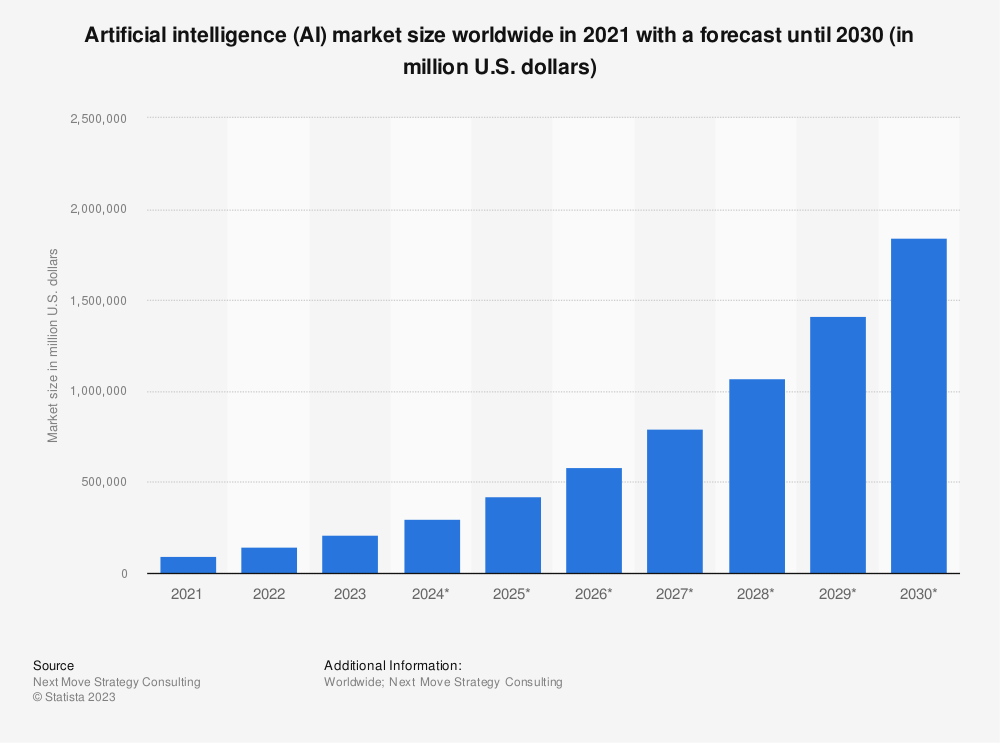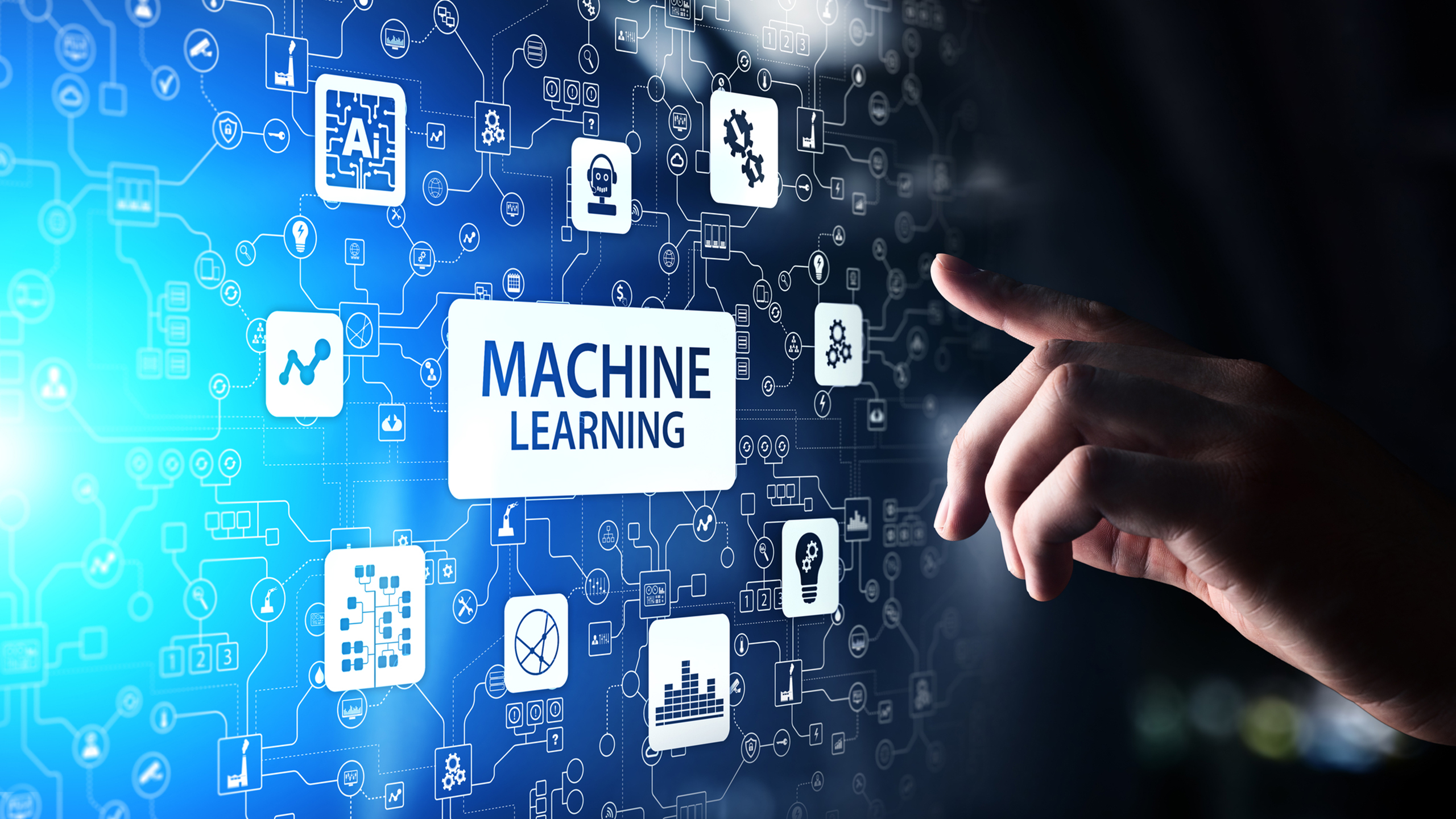Artificial intelligence and venture capital have become incredibly intertwined. Whether it is the benefits of artificial intelligence in vetting investments or funds driven by AI technology, it is hard to separate the two. This article discusses how AI investments are changing the marketplace.
Venture Capital Growth in AI Investments
The venture capital sector is investing more in AI technology, a growing driver in almost every industry.
Artificial Intelligence and Machine Learning
Machine learning and artificial intelligence are not interchangeable terms. AI refers to computer systems that appear intelligent or demonstrate human traits and understanding of the world. You can have AI that cannot, on its own, learn. Instead, it is programmed to respond to queries or stimuli in intelligently.
Machine learning is a type of AI. It refers to computers that are so advanced they learn, taking in copious amounts of data and coming to conclusions that would be difficult for humans to determine. In short, machine learning makes AI capable of going beyond human abilities and is driving the sector’s growth.

Artificial Intelligence Growth by Industry
Venture capitalists are pouring increasing amounts of money into AI across various sectors due in part to the promises that machine learning and the subsequent evolutions in AI can make. From 2012 through 2019, there were more than 20,000 venture capital investments involving AI. More than half of those occurred in three sectors:
- IT infrastructure and hosting
- Media, social media, and marketing
- Business processes and support services
Other industry sectors with strong growth (more than 1,000 deals from 2012 through 2019) in AI investments include healthcare and biotechnology, robots and sensors, finance and insurance, and digital security.
Returns for AI Investments
The relationship between venture capital and AI is not a one-way street. While investors are banking on AI wins across all industries, firms also turn to AI to increase investment returns.
Machine learning capabilities support AI-based algorithms that outperform human “gut reaction” and knowledge when choosing worthwhile investments. A University of St. Gallen team created an algorithm to select investment opportunities. It compared the machine’s performance against 255 angel investors, and the machine outperformed the average human by 184%.
How AI and Venture Capital Work Together
By 2025 AI will be involved in 75% of investment decisions. However, that does not mean people are set to become obsolete in venture capital processes; instead, it points to a growing collaboration between human knowledge and computational power.
Use of Artificial Intelligence in Finance
Artificial intelligence in finance and investment management is no longer a fringe idea. Most investors and finance organizations utilize some level of machine learning to understand the viability of funds and investments or drive workflows to get things done.
Artificial Intelligence in Business
Some ways AI and venture capital already work together — and some trends that will only increase in the future — include:
- Evaluating investments. AI can take in and consider so much more data than a human mind can. That leads to a deeper understanding of potential investments, ensuring investors can make more informed decisions.
- Creating more efficient workflows. Firms are already using AI to drive automated workflows, reducing the time it takes to act on a potential investment.
- Forecasting performance of portfolios. Machine learning capabilities will continue to help firms create ever-more accurate forecasts, driving more innovative investments and increasing wealth-building capabilities.

Artificial Intelligence Stocks and Startups
While many companies and funds are putting money into AI investments, pure AI stocks are still rare in the market. Instead, investors must look for opportunities for companies using AI to drive growth and innovation. Amazon, Google, Microsoft, and IBM are obvious choices, but others exist, including Toyota, Baidu, and Nvidia.
As with any disruptive growth concept, AI investments are perhaps even more exciting at the startup level. In 2018, more than $9 billion was invested in these types of companies. Some leaders include:
- Softbank Group, which has a dedicated tech development fund called Softbank Vision Fund
- Intel Capital, which is part of Intel Corporation and invests in thousands of tech companies
- Lightspeed Ventures, which provides funding for tech startups in the early stages
- Andreessen Horowitz, which has raised more than $7 billion for tech-driven funds
Venture Capital, AI Investments, and Autonomous Vehicles
In 2021, billions of venture capital dollars were funneled into the mobility tech sector, primarily in the niche related to autonomous vehicles. Rapid growth in machine learning and AI is making driverless vehicle opportunities a reality, as evidenced by tests Walmart has done that include autonomous box trucks making deliveries to customers.
Autonomous vehicles could bring huge monetary and supply chain wins in the transportation sector alone. Driverless delivery or transport vehicles would help keep many of the supply chain problems that occurred during the COVID-19 pandemic from happening in the future, for example, so it is not surprising that venture capitalists are flocking to these AI investments.
AI Investments in Media and Social Media
Media and social media play enormous roles in society. They shape world views, sway voters, and inform the policy of governments and agencies. Disruptive models put publishing power in the hands of every person, the need for accountability across media types, and the increasing use of AI to manage publishing, marketing, and content creation. As a result, venture capitalists are looking for up-and-comers with the technology to make a splash in the niche.

